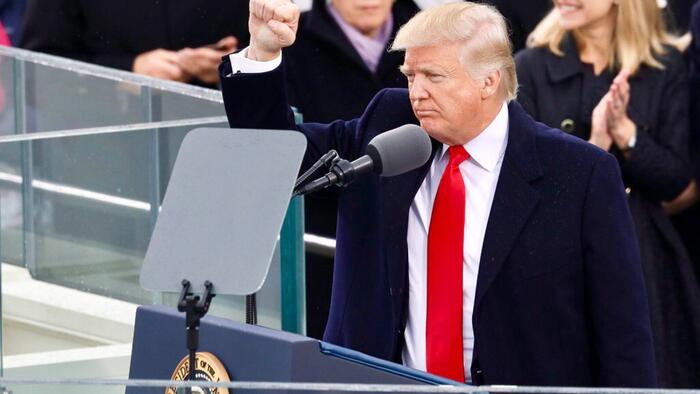In a remarkable political comeback, Donald Trump secured his position as the 47th president of the United States, achieving a sweeping victory across key swing states, claiming the popular vote, and leading the Republican Party to regain control of the Senate while retaining a majority in the House. His re-election victory is particularly noteworthy given that a conservative majority sits on the Supreme Court. Trump’s success is fueled by a variety of factors, including his increasing appeal to historically underrepresented voter demographics, such as Black males and Latino voters, but perhaps most captivating is his resonance with Generation Z, particularly young males, in an evolving media landscape.
Recent data from NBC News exit polls illustrates Trump’s substantial appeal among younger voters; he garnered 43% of the Gen-Z demographic (ages 18-29). More specifically, within that group, he received 42% of voters aged 18 to 24. Although this age group makes up only 14% of total voters, it is striking that a 78-year-old Republican was able to connect with them. His ability to engage young voters materialized through armed accessibility on platforms where they spend significant time, including social media and podcasts. By positioning himself within the realms of influencers and online media, Trump successfully penetrated the youth demographic that many Republicans tend to overlook.
As Politico highlights, the shift among Republicans in how they consume news is significant. In 2024, only 21% of Republicans reported reading newspapers, while 35% turned to national network news. More compelling is the data showing that 46% of Republicans consumed information via social media platforms, while a notable 55% engaged with on-demand audio and video content, such as podcasts. Trump’s campaign acknowledged and adapted to this reality, harnessing the potential of alternative news sources to reach voters who have pivoted away from traditional media platforms.
One notable figure in this adaptation is Joe Rogan, recognized as the host of one of the world’s most popular podcasts. Trump’s three-hour conversation with Rogan on his Spotify platform exemplified how the former president effectively tapped into casual and relatable political dialogue. This engagement was mirrored with appearances on other popular platforms, such as Theo Vonn’s podcast and various influencer channels. Such appearances resonated particularly well with Gen-Z voters, providing them with an accessible and engaging way to connect with Trump outside of the conventional political discourse.
The NBC News exit polling confirms the efficacy of this strategy, revealing a striking correlation between Trump’s outreach and Gen Z voting behavior across swing states. In states like Pennsylvania and Georgia, his Gen Z support reached 41% and 39%, respectively, with even higher numbers in North Carolina (49%) and Michigan (49%). Impressively, Trump made headway with Gen Z women compared to the 2020 election, reducing his previous deficit against Kamala Harris, despite the latter’s campaign emphasizing abortion rights, a key issue for many young voters.
Ultimately, Donald Trump’s resurgence in American politics reflects his acute awareness of changing communication dynamics and voter engagement strategies. By surrounding himself with knowledgeable staffers who understood the shifting media landscape, Trump could articulate his message successfully to younger audiences. The platforms chosen for communication and the evolution of outreach methods were not just advantageous; they served as pivotal factors in his electoral triumph over a Democratic opponent and party perceived to be more adept in leveraging technology and media. This indicates that, contrary to prevailing assumptions, Trump’s adaptability ultimately led to a significant victory, showcasing his status as a generational political figure in the contemporary landscape.

